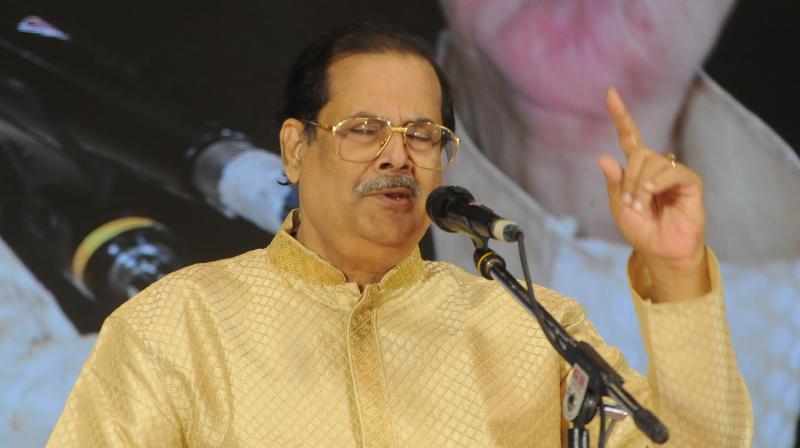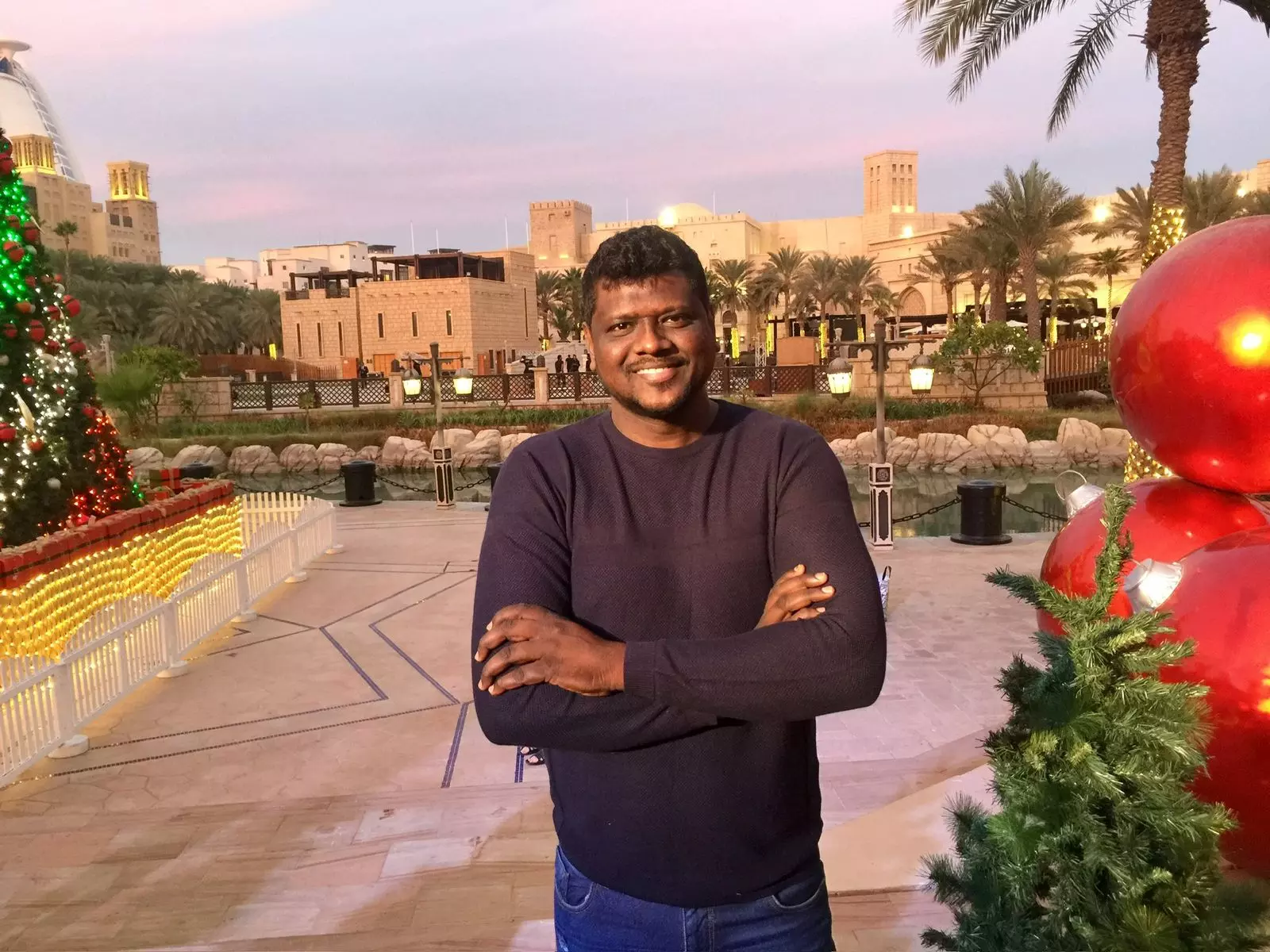Interview | Indian classical music needs boost
Pandit Chakrabarty was in town for the Ustad Bade Ghulam Ali Khan national festival of music and dance

Hyderabad: Eminent Hindustani vocalist from the famed Patiala-Kasur gharana, Pandit Ajoy Chakrabarty will be receiving his doctorate from IIT Kanpur from Prime Minister Narendra Modi on December 28.
Pandit Chakrabarty was in town for the Ustad Bade Ghulam Ali Khan national festival of music and dance. He drew wholesome applause for his outstanding renditions at Ravindra Bharathi.
Deccan Chronicle caught up with the maestro, who teaches at IIT Kharagpur, over a Bengali luncheon, during which he opened up on various issues ranging from music, government policies to the society.
Excerpts:
Do you foresee the possibility of music as a compulsory subject in schools and colleges?
I met the then prime minister Manmohan Singh on four different occasions. We discussed the possibility of introducing music across educational institutions. But, it remained a non-starter. It will not work because the Indian political system will not accept such a curriculum. Their agendas are different. Moreover, if you look at the public representatives and bureaucrats, you will conclude that culture and heritage are way beyond their understanding. They have no knowledge about them. Going further, I can ascertain that if music is made compulsory in schools, the society will have less number of criminal minds.
As a top-notch musician, you have performed all over. What changes have you noticed in society over the years?
People have become more self-centered. Sadly, the younger generations are found wanting when it comes to discipline. As regards children, new vices come in the form of gadgets of which they have become addicts. I personally feel that parents should be blamed for this unfortunate development.
Do you, on a personal level, think people are gradually losing interest in traditional music. What is the future of Indian classical music?
Contrary to apprehensions as spread by the prophets of doom, I see a greatly vibrant future for classical music in India. In fact, the past five years have shown that not only are more and more people evincing interest in learning classical music but there has been a more than encouraging response from listeners. This is a welcome development considering that its popularity was on the wane in the two decades prior to that.
Do you think there is a need for establishing more institutions that impart music in the country?
PAC: There, indeed, is a big need. However, the focus ought to be on appointing a qualitative faculty. It goes without saying that most of the existing institutes have substandard or less than mediocre teachers. They are there for the sake of a job. They lack passion. We also should have classical music enthusiasts as policy-makers.
What suggestions would you give to the government to revive the glory days of our classical music?
PAC: I can vouch that classical music can help restore normalcy in society. As cinema is a bigger medium when it comes to reaching a larger audience, the censor board should mandate that every movie should have at least a three-minute classical music clip.
Unfortunately rather than giving equal importance to traditional Indian music and cultural heritage, our governments are obsessed with only financial development. They should realise that this is giving birth to more and more criminals.

